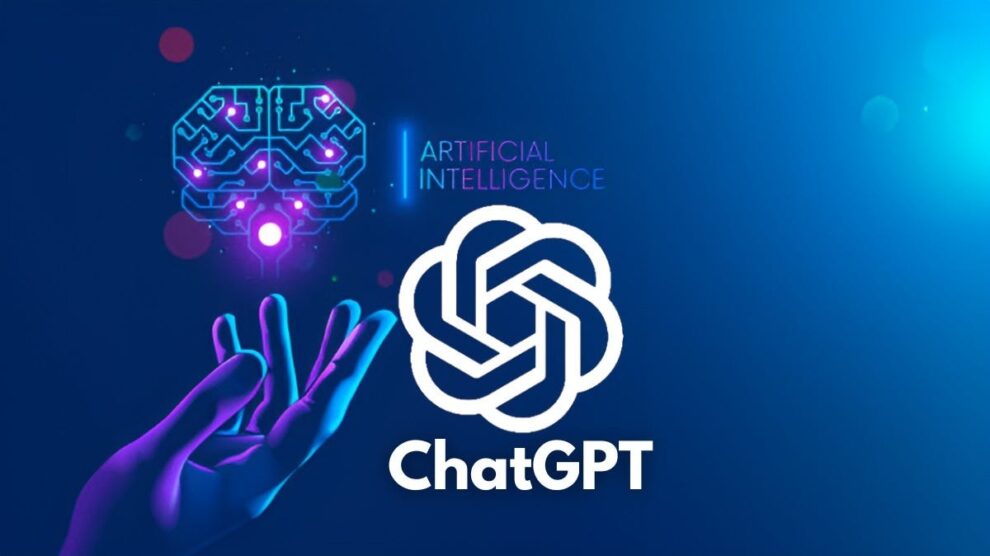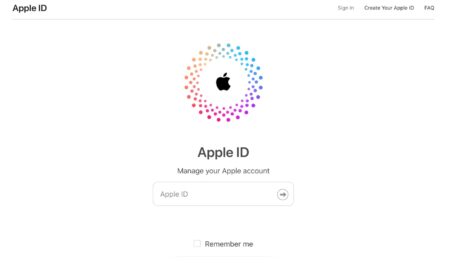In today’s digital world, access to information is critical. For most people, that starts with search engines like Google. But despite Google’s dominance, challengers continue emerging in the search domain – especially leveraging advancements in AI.
The latest potential contender? OpenAI, the research company behind large language models like GPT-3. Their developments around conversational AI and natural language processing suggest OpenAI may someday compete head-on with Google.
Why OpenAI Poses a Threat
So what makes OpenAI a particularly compelling Google rival? A few key reasons:
- Their focus on huge neural networks powering advanced natural language capabilities.
- Ongoing model optimization for conversational abilities, allowing more natural dialogues.
- Backing by Microsoft, who seem eager to take on Google in the search domain.
As CEO Satya Nadella proclaimed, Microsoft hopes to soon have Google “dance” as a new competitive threat emerges. Between Microsoft’s war chest and OpenAI’s technical firepower, they have all the ingredients necessary.

How AI Will Reshape Search
To grasp OpenAI’s potential impact, it’s essential to understand how AI stands ready to revolutionize search and information retrieval:
- Instead of just keywords, queries can involve full natural language questions and multi-turn dialogues.
- Results can synthesize answers by tapping into a full contextual understanding of concepts.
- Users can efficiently refine and clarify responses through conversational back-and-forth.
This moves far beyond today’s somewhat rigid search experiences constrained by limited inputs and outputs.
Looking Ahead to an AI-First Future
As large language models continue rapidly progressing, an age of discovery and refinement has only begun around AI search engines. But the long-term implications look game-changing.
Soon users may commonly chat with personalized search assistants to not just lookup facts, but provide helpful guidance tailored to precise needs. The technology promises to expand and contextualize access to humanity’s collective knowledge through conversation.
With OpenAI’s big bet on large language models at scale, they’re positioned at the frontier. The next era of search lays right on the horizon.










Add Comment